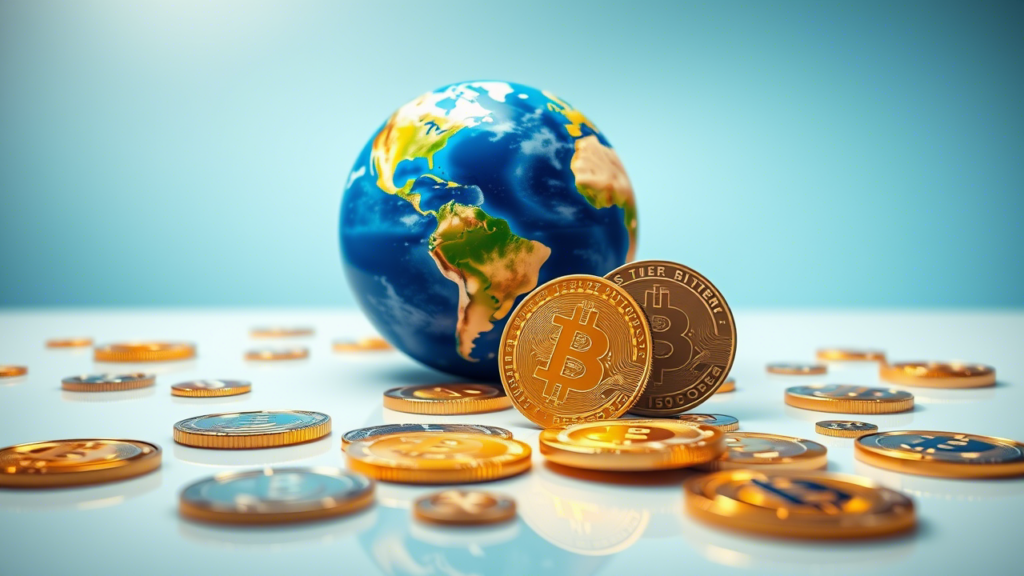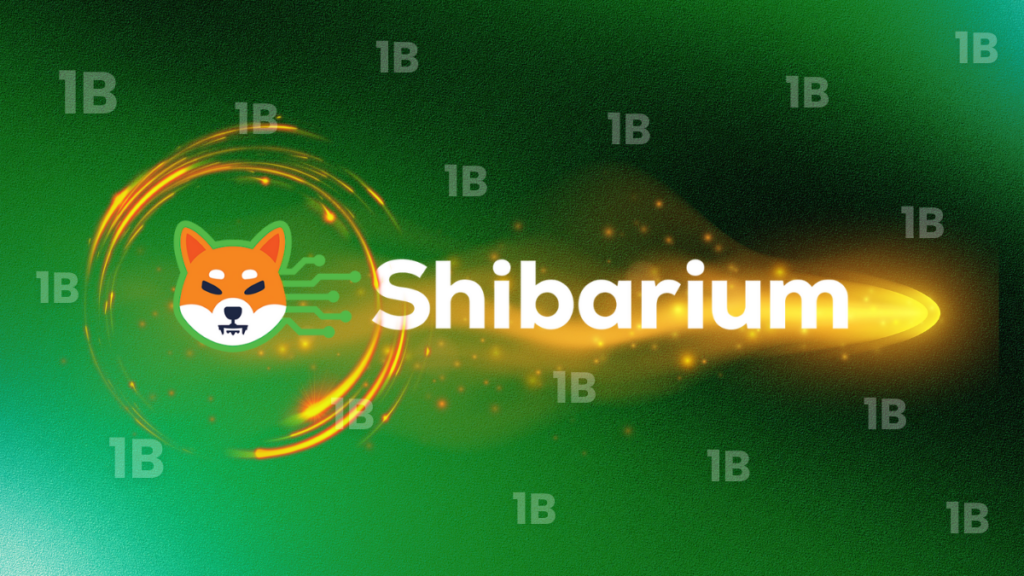In today’s digital age, social media has become an essential part of our daily lives. Whether it’s keeping in touch with friends, sharing personal milestones, or staying updated with the latest trends, platforms like Facebook, Instagram, and X have dominated the online space.
But what if the very platforms we rely on every day weren’t controlled by a handful of powerful corporations? What if there was a new way to connect, share, and communicate, one that was more transparent, open, and, most importantly, in the hands of the users?
Enter decentralized social media. This new wave of social media is shaking up the traditional model, providing a more democratic and secure altеrnative to the centralizеd platforms we know.
What is Decentralized Social Media?
Let’s start with the basics. Social media platforms, as we know them, are centralized. This means that a single company or entity controls everything—from your data and the content you see to the rules governing how the platform operates.
But decentralized social media flips this concept on its head. Insteаd of a central authority controlling the platform, decentralized social media distributes control across a network of users. Each user contributes to maintaining and operating the platform, and no single entity has full control over the platform’s features, content, or governance.
This decentralization is powered by blockchain technology, which uses a distributed ledger to store data securely across many computers. Think of it like a giant online community where everyone has a say. Whether you’re posting a tweet, uploading a video, or sharing a blog post, your content isn’t controlled by any one person or company. Instead, it lives on a distributed network of computers, making it more secure, transparent, and resistant to censorship.
Why Decentralized Social Media Matters
You might be wondering, why does decentralized social media matter? Well, the traditional centralized social media platforms have been criticized for various reasons: user privacy violations, censorship, biased аlgorithms, and datа misuse.
The centralization of these platforms means that a single company can decide what you see, what gets promoted, and who can access your content. It also means that your personal data is stored and monetized by the platform, often without your full control or consent.
Related: Industry Celebrates the New $70M Domain Mogul But His Crypto Shadows Linger
Decentralized social media offers an alternative by prioritizing user autonomy, privacy, and transparency. Here’s why it’s starting to matter more than ever:
- Data Privacy and Control: In a decentralized system, users have full control over their own data. You aren’t handing over all your personal information to a corporation that might sell or misuse it. Instead, data is stored in a distributed manner, meaning no one company has access to everything you do online.
- Freedom of Expression: One of the major criticisms of centralized platforms is their ability to censor content. A post can be taken down, an account can be banned, or certain topics can be shadow-banned without users having a say. Decentralized social media platforms, however, operate on principles of freedom of expression. Since there is no central authority, it’s much harder for any single entity to control what is or isn’t allowed.
- Transparency: The decisions made by centralized platforms are often hidden behind a curtain of opaque algorithms. Users don’t always know why certain content is shown to them or why their posts are removed. In contrast, decentralized social media relies on blockchain to make the process more transparent. The rules governing the platform are usually made publicly available, and changes to them are open for discussion.
The Benefits of Decentralized Social Media
- Increased Privacy and Security: Since decentralized platforms don’t store all user data in one place, they’re less vulnerable to hacking and data breaches. You’re the owner of your private keys and data, so it’s up to you to decide how much you want to share. Without the risk of one central point of failure, the platform is less likely to be targeted.
- No Censorship: On centralized platforms, the owners have the power to moderate or censor content based on their own rules or political agendas. But in a decentralized system, content moderation is often community-driven or transparent, ensuring that decisions are made in a way that is fairer and more democratic. This system reduces the risk of bias and unfair content removal.
- Monetization Opportunities: Decentralized social media platforms often allow content creators to monetize their content directly, without the interference of middlemen or the need to rely on ad revenue. Blockchain-based tokens or cryptocurrency can be used to reward content creators based on user engagement, giving creators more control over their earnings.
- No Algorithmic Manipulation: Ever wonder why your feed is filled with certain content but not others? Traditional platforms use algorithms to determine what you see based on your activity. But these algorithms can be opaque, and they often prioritize sensational or divisive content to drive engagement. On a decentralized social platform, the content is not shaped by algorithmic manipulation, and users are more likely to see a diverse range of posts.
Popular Decentralized Social Media Platforms
Now that you understand what decentralized social media is and why it’s important, let’s take a look at some popular platforms that are leading the charge:
Mastodon
Mastodon is one of the most well-known decentralized social platforms. It’s similar to X, allowing users to post short updates and interact with others. However, Mastodon isn’t owned by a single company. Instead, it’s made up of thousands of independently operated servers (called “instances“), which are all part of a larger federation. This means you can join an instance that aligns with your interests and values while still being able to interact with people on other instances.
Steemit
Steemit is a decentralized blogging platform that allows users to publish content and еarn rewards in cryptocurrency. It’s built on blockchain technology, meaning that users have full contrоl over their content and rewards. Steemit incentivizes creators with a community-driven voting system, where the most popular content earns higher rewards.
Diaspora
Diaspora is another decentralized social network that focuses on user privacy. Like Mastodon, it’s made up of independent nodes (called “pods”) that are connected to form a larger network. Diaspora gives users full control over their data and allows them to choose which information they share and with whom.
Peepeth
Peepeth is a decentralized alternative to X. It runs on the Ethereum blockchain, and every post you make is recorded as an immutable transaction. While it may not have as many users as Twitter, its decentralized nature ensures that content can’t be deleted by any central authority, giving it a unique edge in the realm of free speech.
Challenges of Decentralized Social Media
While decentralized social media sounds like a dream come true, it does come with some challenges. For one, decentralized platforms are still in their infancy and have smaller user bases compared to mainstream platforms like Facebook or X. This means that the level of engagement might not be as high, and finding a large, active community could be more challenging.
Related: Crypto Titans Bunker Down Now: Vitalik’s Austerity Vow, Binance $1B Bitcoin Shield
Additionally, content moderation can be a tricky issue. Without a central authority to enforce rules, decentralized platforms rely on the community to moderate content. This can lead to inconsistent moderation or disagreements about what should be allowed on the platform.
The Future of Decentralized Social Media
Despite these challenges, decentralized social media is showing promising signs of growth. More users are becoming aware of the importance of privacy and freedom in the digital world, and as a rеsult, there’s a growing demand for platforms that don’t compromisе on these values. As blockchain technology continues to mature, we can expect decentralized platforms to become more user-friendly, scalable, and mainstream.
In the future, decentralized social media could become a key player in the fight for user privacy, free speech, and data ownership. With more innovation and support from the community, decentralized social media could very well become the norm, offering a more open and transparent internet for everyone.
Conclusion: а New Era of Connectivity
The rise of decentralized sociаl media marks the dawn of a new era of digital communication. By prioritizing privacy, security, and user control, these platforms offer a refreshing alternative to the traditional, centralized systems.
While there are still challenges to overcome, the potential for a more democratic, transparent, and user-centric internet is within reach. As we continue to explore the possibilities of blockchain and decentralized technology, one thing is clear: the future of social media is decentralized, and it’s here to stay.
So, whether yоu’re looking to take control of your data, avoid censorship, or join a community-driven platform, decentralized social media is the way forward. Get ready for a new way of connecting with the world—one that’s open, transparent, and built by the people, for the people.












